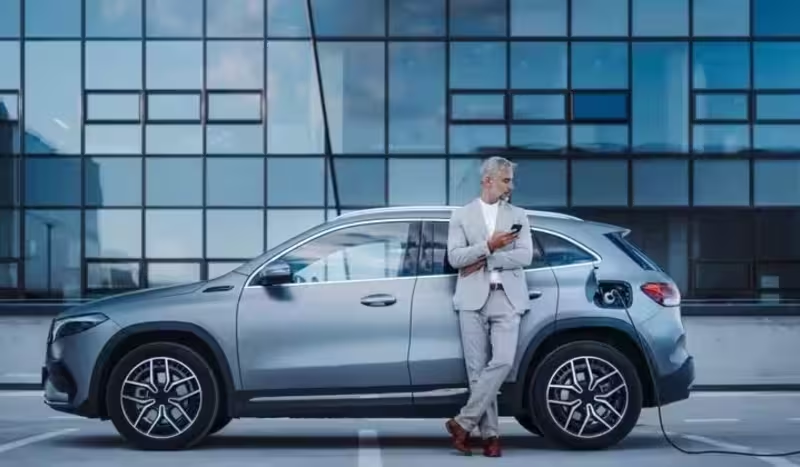Compare 10 charge cards from 7 charging providers










With an EV charge card for your electric car, you have access to public charging points in Belgium and the international charging network throughout the EU. Compare the usage cost and the subscription price of all providers. By the way, many charge cards are free to use, and you only pay for your actual consumption.

Welcome to DareToCompare.be. We use cookies to improve the user-friendliness of our site. By continuing on our site you agree to the use of these cookies.